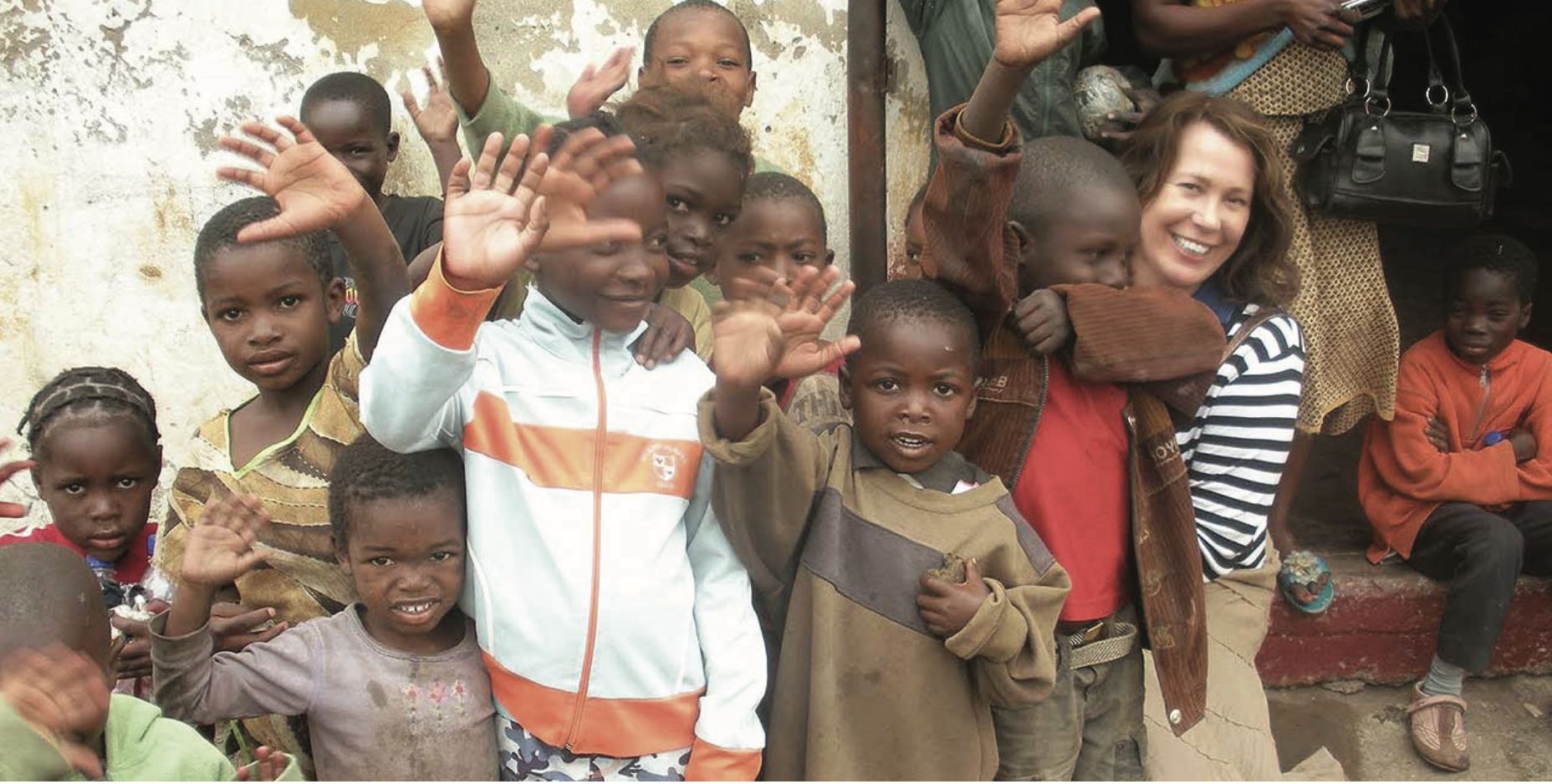
While short-term missions have already challenged older models of career missionaries, there is a new tendency among Christian volunteers to embrace “independent missionary” organizations that “operate without the infrastructure provided by a denomination, congregation, or para-church organization,” write Carrie Miles and Frank Michael Salongo Tweheyo in a paper appearing on the website of the missions organization, Empower International Ministries. “These ‘new’ missionaries,” they write, “often focus on a specific social issue, people group, methodology, doctrinal point, or spiritual practice. Unlike the traditional mission, with its provision of both proselytizing as well as a full range of pastoral and developmental services, these new missionaries offer specialized, almost proprietary programs.” These emergent, small-scale, specialized, and independent missionary efforts are similar to small-scale development efforts in developing countries known as “amateurs without borders” or “grassroot INGOs.” In fact, there is a significant crossover between secular and religious independent organizations, with some grassroot INGOs receiving congregational support. Examples that the authors give of such independent mission efforts include the building and supporting of a Christian college in India, training and empowering of women leaders, training of clergy to minister to traumatized parishioners, and production and distribution of recordings of the Bible in local languages.
Miles and Tweheyo write that many of these efforts are targeted to places in the world where a missionary infrastructure is not available due to social and governmental restrictions, such as Muslim countries and China. They note that many of these independent missions and missionaries are working under the radar. Because some of these efforts draw an income below $25,000, they are not on the lists of the Internal Revenue Service’s tax-exempt religious groups. The authors add that the independent agency model depends on personal ties between missionaries and local clergy, and that most support comes from the founders’ personal networks. Miles and Tweheyo write that as Christians in the global South become more educated and discerning about Western Christianity, and especially as they challenge traditional sexual morality, they are becoming more selective about what missionaries can offer them. Thus independent mission agencies or individuals are effective because they follow a “pull” rather than “push” model of mission focused on demand rather than supply, “striving to provide the services that their national partners say they need rather than the things the agency wants to give them.” The paper points to Empower International, for which both authors work, as an organization that uses this kind of pull model allowing mission partners to teach each other.
(Miles and Tweheyo’s paper can be downloaded from: http://empowerinternational.org/wp-content/uploads/Miles-Changing-Nature-of-Missions-in-the-Twenty-first-Century.pdf)
 Source: Empower International Ministries
Source: Empower International Ministries